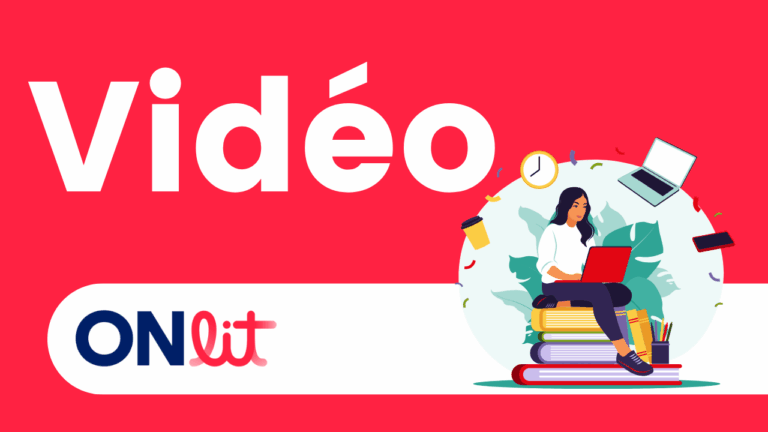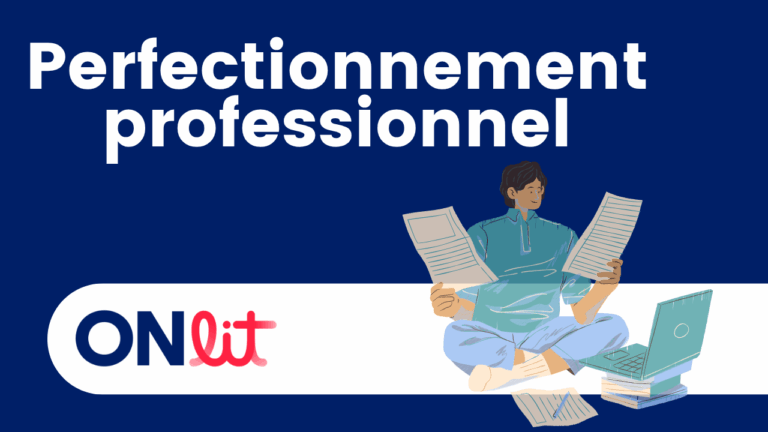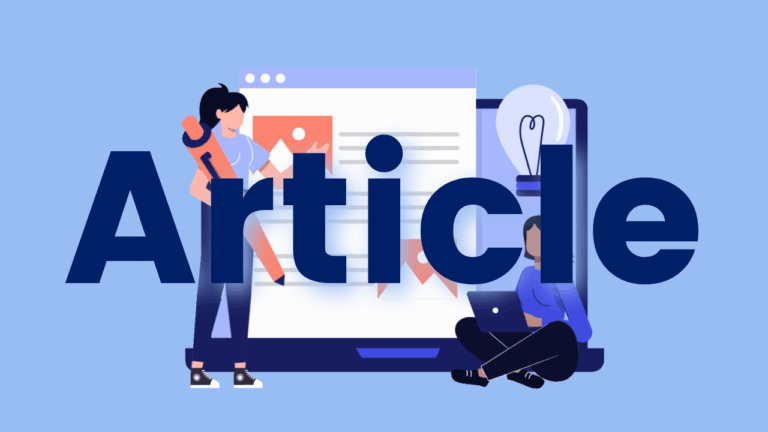Étude de livres d’été : Next STEPS – enregistrements et références
Rattrapez notre étude de livres d’été Next STEPS. Les ressources relatives à cette série d’événements ONlit, animée par Jordan Sloan, sont disponibles ici. Chaque session de la série aborde une compétence fondamentale de la lecture, en expliquant ce qu’elle est, pourquoi elle est nécessaire à une bonne lecture et à quoi ressemble un enseignement fondé sur…





